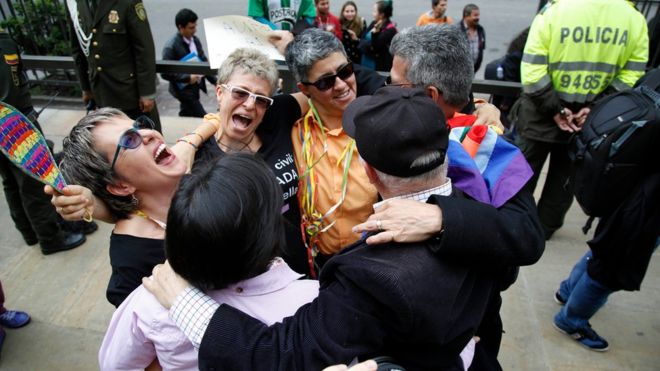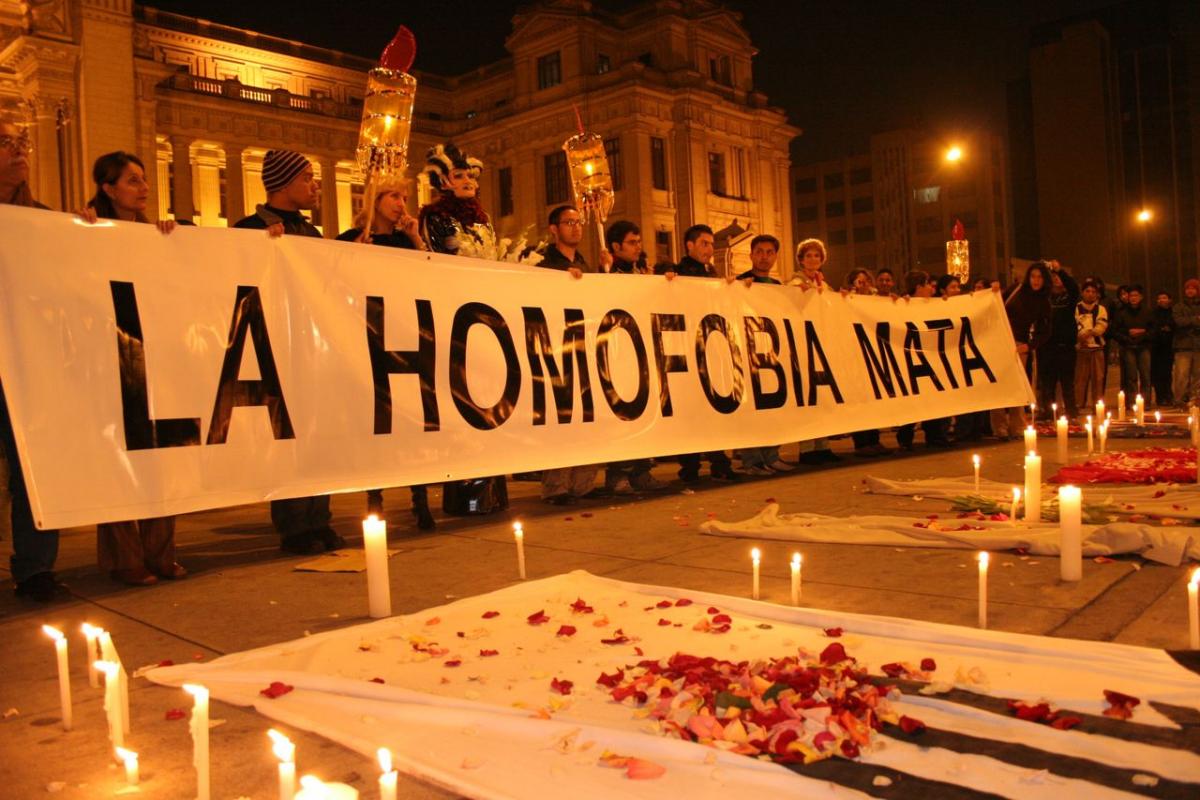Peru has made slow progress in the field of gay rights, and has lagged behind its neighbors in bringing recognition and equality to sexual minorities. Its bordering states Ecuador, Brazil, and Colombia all recognize gay unions or marriage equality. With Chile and Bolivia, all have policies protecting LGBT people from discrimination in the provision of services, and all include queers in hate-crime legislation. Of that group, Brazil alone doesn’t protect against LGBT employment discrimination, yet Peru has had none of these progresses.
Peru remains an island where marriage, civil unions, discrimination protection, and hate-crime protection are reserved for heterosexuals.
The Peruvian debate has been characterized by a brinkmanship between a government unable to reach consensus enough to explicitly include sexual minorities in legislation, and activist groups who see claims that protection can be extended without it as insufficient if not outright insincere.
Early this month the Peruvian federal government led by President Ollanta Humala passed National Human Rights Action Plan of 2014-2016. Complaints quickly arose that LGBT people and groups were excluded from the Plan’s protection. Last week the Minister of Justice, Daniel Figallo, responded to those complaints insisting that LGBT people are included as he called on groups and populations to work against discrimination individually as well.
“No one has been excluded. The country’s main problem is discrimination; there is widespread discrimination at various levels, and we are working against it. Those positions indicating an exclusion are incorrect.”
Daniel Figallo, Minister of Justice
Still, despite his insistence that the Plan implicitly includes sexual minorities, the Plan fails to mention them in any direct way.
Unsurprisingly, rights groups have been unsatisfied with this response. They see this as another in a long line of failures on behalf of the Humala administration to extend the protections of the state to all groups.
In 2013 a hate-crime bill that would have extended protections to queer communities was rejected by a majority coalition of the Gana Peru and Fuerza Popular parties. The same parties blocked a consensus on a following civil-unions law, and the debate was postponed and never revived.
In June of this year the Organization of American States (OAS) passed a resolution regarding “Human Rights, Sexual Orientation, and Gender Identity and Expression” that included language agreeing to support anti-discrimination legislation and hate-crime recognition, and to avoid interfering in the private lives of LGBT individuals. While Peru signed the resolution, action has yet to be taken toward anti-discrimination and hate-crime laws for LGBT people.
During the debate on the Human Rights Plan 2014-2016, eighteen proposals regarding the LGBT community were rejected or edited before all were ultimately removed.



